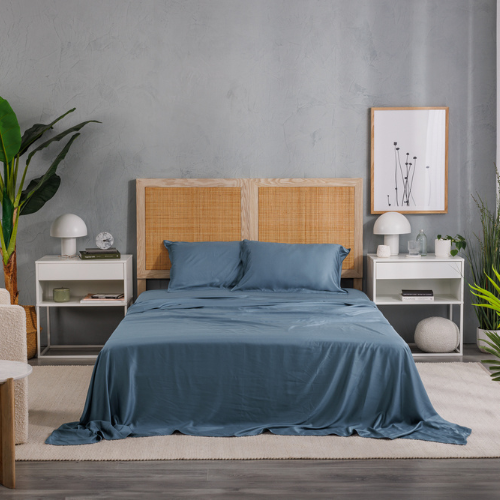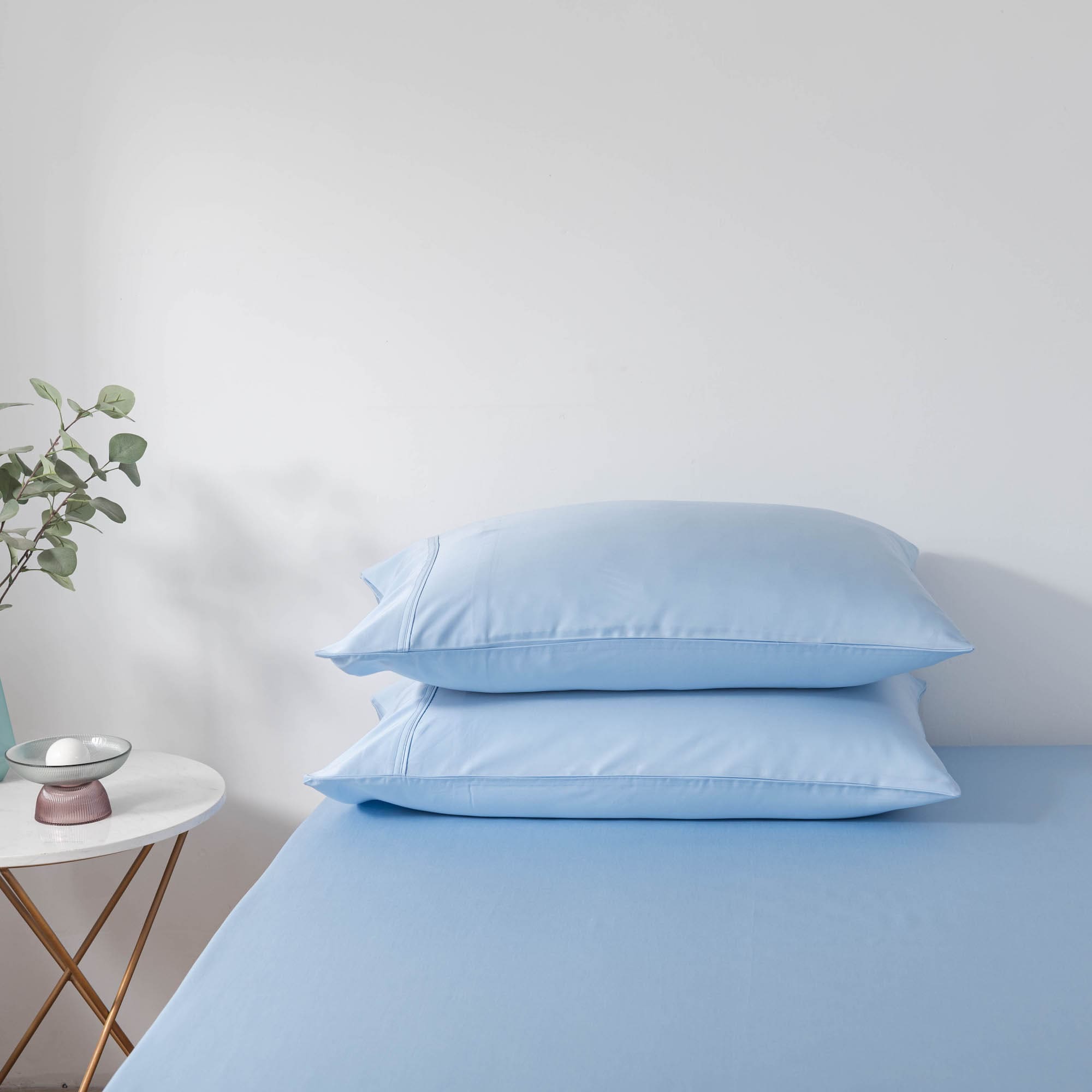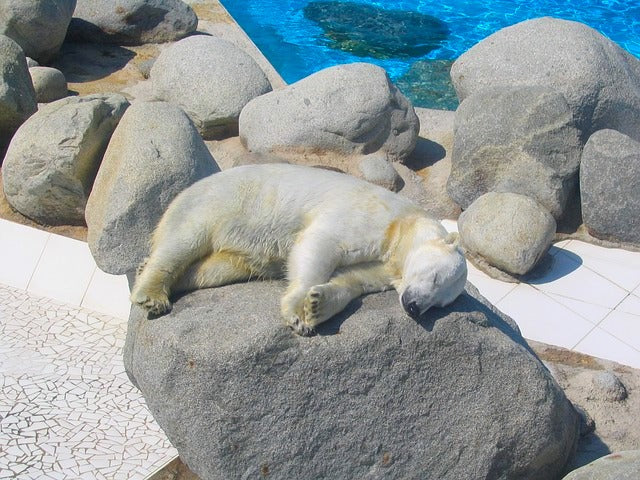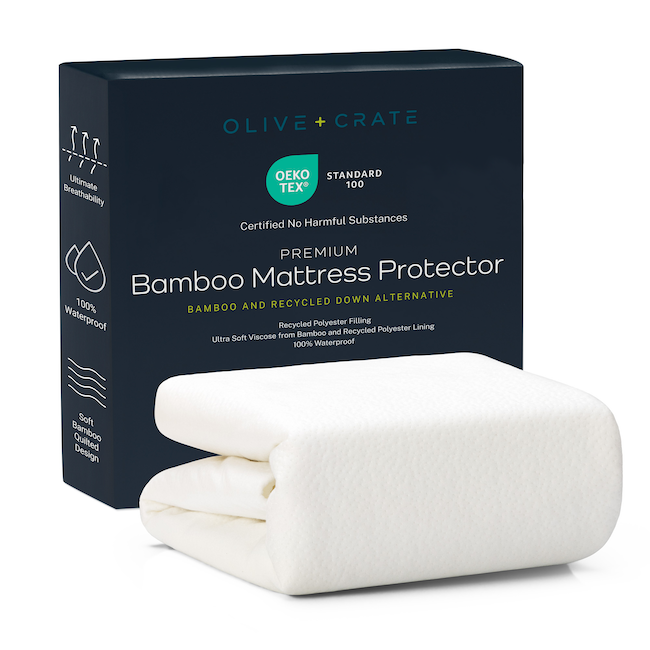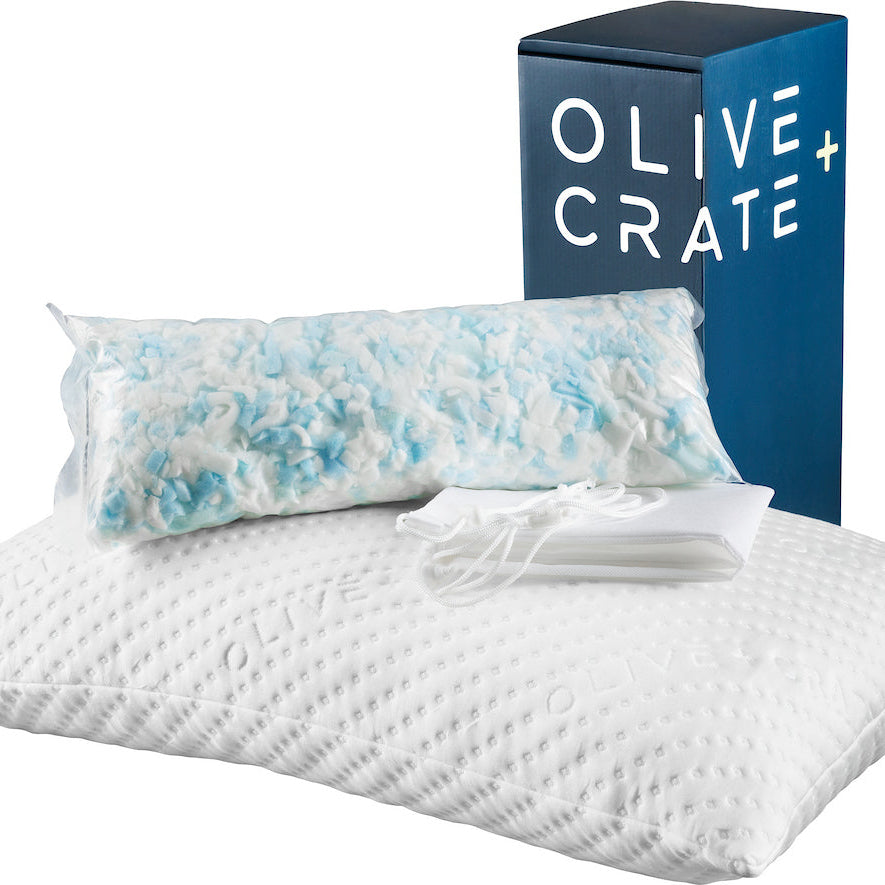1. Utilize Frozen Linens for Instant Cooling
One effective way to cool down before bed is by freezing your sheets and pillowcases. A couple of hours before you plan to sleep, place your linens in the freezer. When you retrieve them, they won't be stiff as a board, but they will stay icy long enough to provide a refreshing sensation and help you fall asleep without overheating.
Additionally, consider freezing your socks as well. Just like your fingers, your feet and toes are sensitive to temperature changes and play a role in regulating overall body temperature. By keeping your feet cool, you can help lower your body temperature and promote better sleep.
2. Harness the Power of House Fans
Fans can be a lifesaver on hot summer nights, providing a cost-effective alternative to air conditioning. Strategically place fans around your room to create a cooling airflow. Position one fan next to your bedside and place a bowl of ice water in front of it. The fan will blow the cool air generated by the melting ice towards you, creating a refreshing breeze. Additionally, face a window fan outward to blow out the hot air from your bedroom and draw in cooler air from outside.
3. Embrace the Cooling Power of Wet Towels
Using a damp towel on your bed can provide instant relief from the heat. Lay a damp towel over your sheets, ensuring to place a dry towel underneath to avoid soaking your mattress. While the towel won't stay cold throughout the night, it will retain enough coolness to help you drift off to sleep comfortably.
4. Choose the Right Sleepwear
Contrary to popular belief, sleeping naked may not be the best option for staying cool on hot summer nights. When you sweat, it's beneficial to wear lightweight pajamas made of breathable fabrics like cotton. These fabrics can wick away moisture from your body, preventing it from accumulating on your sheets and making you feel hot and sticky.
5. Opt for Cooling Bedding Materials
Investing in cooling bedding materials can make a significant difference in your sleep quality during hot summer nights. Look for sheets, pillows, and comforters made from breathable fabrics like organic cotton, linen, or TENCEL eucalyptus. TENCEL, in particular, is excellent for absorbing sweat and helping you stay cool, and effectively wicks away moisture.
6. Consider a Cooling Mattress
If your budget allows, consider investing in a cooling mattress. Standard memory foam mattresses tend to retain heat, making them less suitable for hot sleepers. Cooling mattresses provide extra airflow and breathability, ensuring a cooler and more comfortable sleep environment. Look for mattresses designed with cooling technologies or materials such as gel-infused foam or open-cell foam.
7. Block Out the Sun and Heat During the Day
Preventing your bedroom from heating up during the day is crucial for maintaining a cool sleep environment at night. Install blackout curtains or shades to block out sunlight and minimize heat gain in your room. Additionally, consider using reflective window films to reflect heat away from your windows and reduce the overall temperature in your space.
8. Optimize Your Sleeping Location
Heat tends to rise, so if you have multiple levels in your home, try sleeping on the lower level. This can help you take advantage of the cooler air, as the top floor of a house is often warmer than the lower levels. If sleeping on a lower level is not an option, consider setting up a temporary sleeping area in a basement or a well-ventilated area of your home to escape the heat.
9. Hydrate and Stay Refreshed
Staying hydrated is essential for regulating your body temperature and preventing dehydration, especially during hot summer nights. Drink plenty of water throughout the day and have a glass of ice water before bed to help cool down your body. Avoid consuming alcohol before bedtime, as it can promote dehydration and disrupt your body's ability to regulate temperature effectively.
10. Utilize Natural Cooling Techniques
In addition to the previous tips, there are several natural cooling techniques you can try to stay comfortable on hot summer nights:
- Take a cool shower or bath before bed to lower your body temperature.
- Engage in light exercise earlier in the day to promote better sleep and help your body cool down.
- Position a fan to create cross-ventilation by placing it near an open window or door.
- Use ice packs or cold compresses on pulse points, such as wrists, ankles, and neck, to cool down your body.
- Use breathable bedding materials and reduce the number of layers on your bed to allow for better airflow.
- Avoid using memory foam pillows or mattress toppers, as they can trap heat and make you feel hotter.
By implementing these tips and techniques, you can create a cooler sleep environment and improve your chances of getting a restful night's sleep even on the hottest summer nights. Remember to listen to your body's cues and adjust your bedroom temperature and bedding accordingly for optimal comfort.
Disclaimer: The information in this article is for informational purposes only and should not be considered as medical advice. Consult with a healthcare professional for personalized recommendations based on your specific circumstances.


